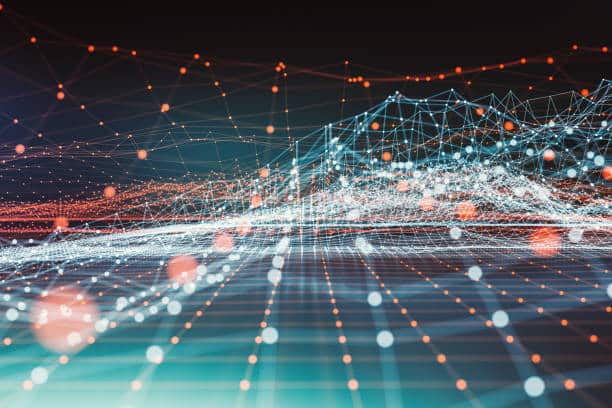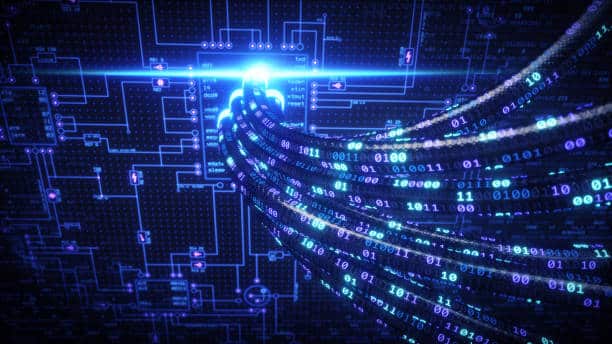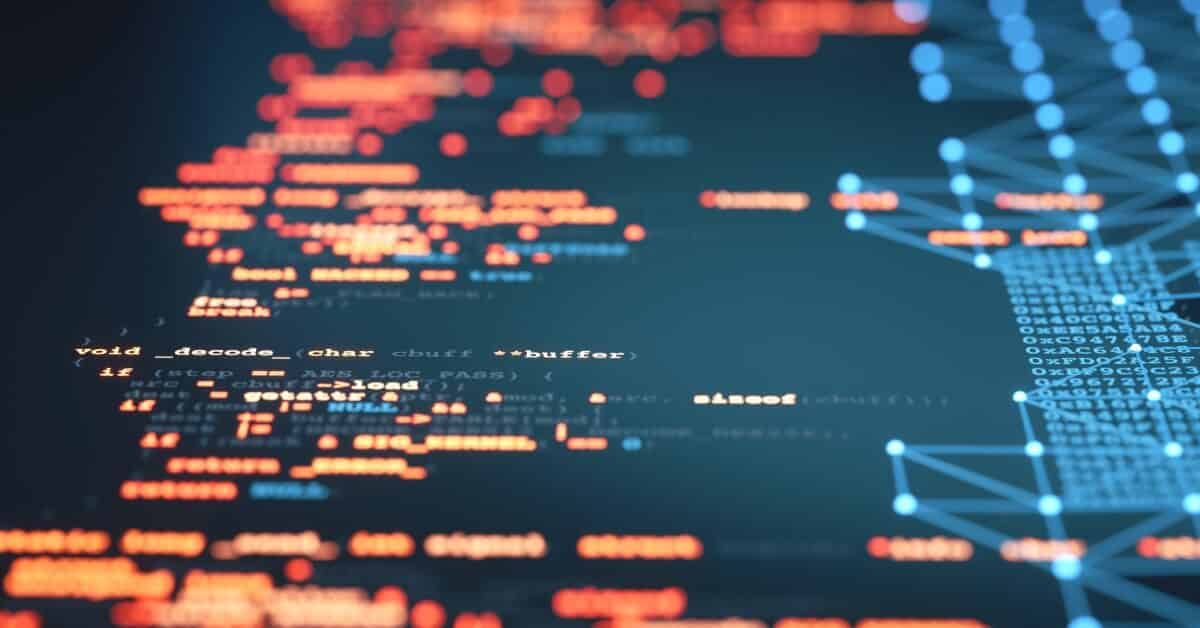What is Cybersecurity Forensics?
As mobile devices, computers, and other systems continue to play an expansive role in every aspect of today’s society, the demand for cybersecurity forensics is rising. Cybersecurity Forensics is the prevention, detection, and mitigation of cyberattacks, in conjunction with the capability to gather digital evidence and conduct cybercrime investigations. The goal of this type of structured, forensic investigation is to uncover the details of a breach or malicious attack and the party or parties responsible.
Often an extended part of the hunt team, the forensic investigator follows procedures laid out by the larger IR plan, and can conduct research in several areas: forensic acquisition, chain-of-custody, malware, phishing, insider threats, and more. Most importantly, however, is to call out that for digital evidence to be admissible in a court of law, the process taken by the forensic expert must not modify any of the original data, and the results must be untainted by whichever party is funding the work. Therefore, when working on forensics, all work is done on a digital copy of the system. Using a variety of techniques, the role of the forensic investigator may include:
- Monitoring a network infrastructure for breaches/attacks
- Mitigating the effects of a network breach
- Applying risk assessment methodologies in selecting and configuring security controls to protect information assets
- Preparing a cybersecurity forensics evidence report
Cybersecurity Forensics is a necessity for any security team. Forensic data capture provides the information needed to verify the number of high priority or more complicated incident investigations that often lead to breach identification. If a breach is validated, all data and results will be required by government and regulatory bodies; however, the data will be of most use to investigators because of the detail in the way it is collected, and the depth of its contents. Types of collected data may include:
- Actions performed by a person or technology
- Notification of an event
- Details of an event
- Activity consistently gathered electronically and in real-time from a given source
- Unchanged or modified contents of an item
Cybersecurity Forensics, and the role of the forensic investigator, are a compliment to security automation and AI services such as domain and DNS threat intelligence. When combined, they become an unrelenting force of detection.





